WORLDWIDE: HEADLINES
Euro Zone Inflation To Burn Hotter, But ECB Rates To Stay On Ice: Reuters Poll
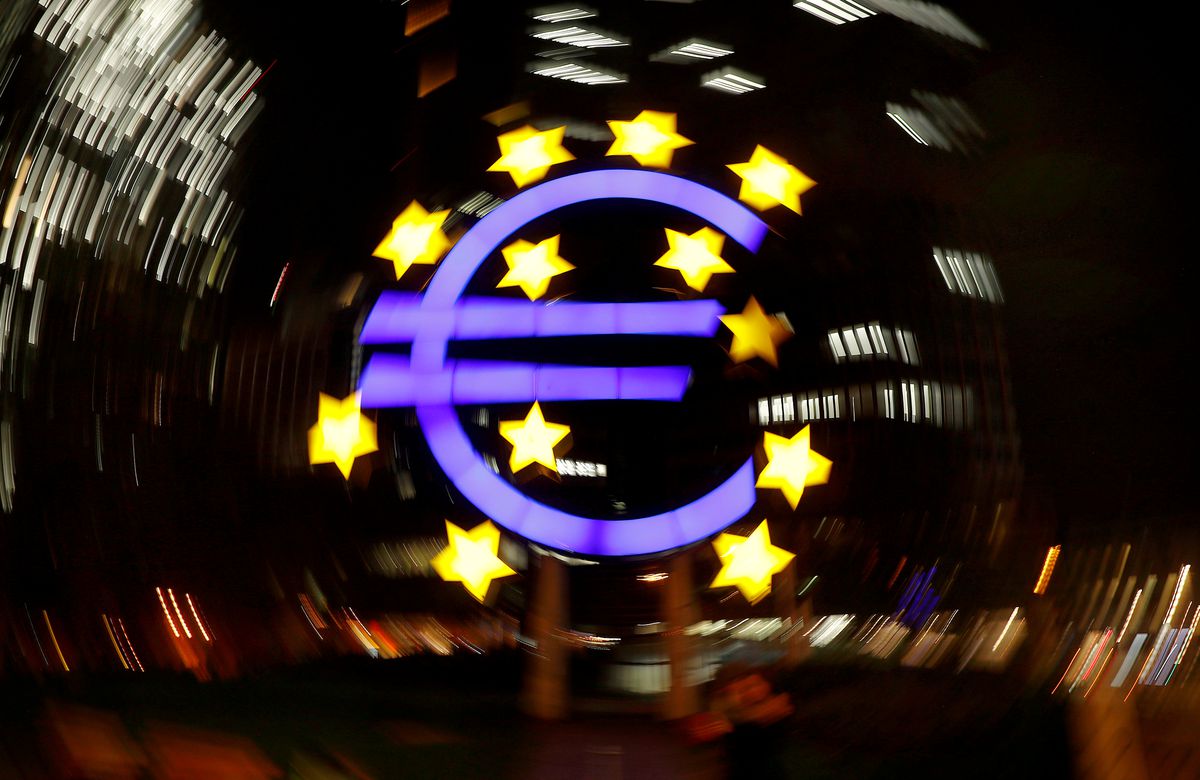
Euro zone inflation is set to burn hotter throughout 2022 than expected a month ago, according to economists polled by Reuters, which could pressure the European Central Bank to tighten policy once the Omicron wave of the pandemic passes.
For the near-term, the virus remains a wild card, with a wide range of forecasts on economic growth in the Jan 11-18 poll and the median forecast for the current quarter chopped to 0.5% from 0.7%.
More than two-thirds of economists polled said the Omicron variant will have a milder economic impact than Delta, mainly because there are fewer restrictions in place now.
Forecasts for inflation this year have risen for the seventh consecutive survey — up by 0.6 percentage points each for the first and second quarters to 4.1% and 3.7% respectively, well above the ECB’s 2.0% target.
“In the short term, we see some downside on growth stemming from virus containment measures,” said Bas van Geffen, senior macro strategist at Rabobank, referring to the current quarter.
“In the longer term, we mainly expect slower growth as supply-driven inflation erodes households’ real spending power, which weighs on consumption and euro zone GDP. Omicron or other strains could further aggravate this negative impact of cost-push inflation,” he said.
Full coverage: REUTERS
Wall St Sinks As Yields Spike, Financials Fall After Goldman Miss
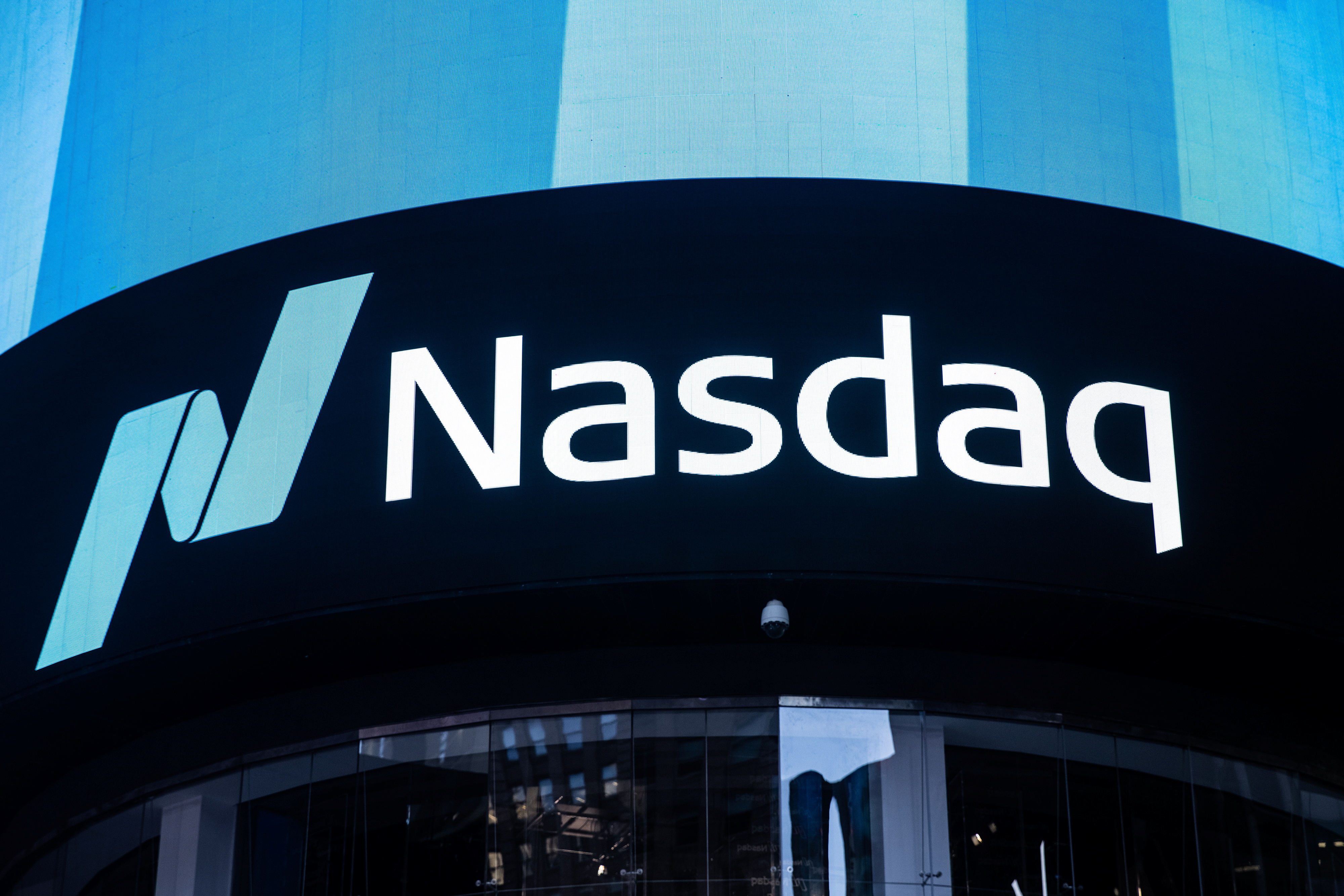
Wall Street’s main indexes fell sharply on Tuesday as weak results from Goldman Sachs weighed on financial stocks and tech shares continued their sell-off to start the year as U.S. Treasury yields rose to milestones.
The Nasdaq dropped most among major indexes on Tuesday and now has fallen about 9.7% from its Nov. 19 record closing high, close to confirming a 10% correction for the first time since early 2021. The tech-heavy index also closed below its 200-day moving average, a key technical support level, for the first time since April 2020.
Goldman Sachs(GS.N) shares tumbled 7% after the investment bank missed quarterly profit expectations amid weak trading activity. The financials sector (.SPSY), which has been one of the better-performing groups in 2022, dropped 2.3%.
“The financials crumbling a little bit under the weight of less-than-impressive earnings quarters is probably the biggest factor today,” said Chuck Carlson, chief executive officer at Horizon Investment Services in Hammond, Indiana. “When you have taken out potentially one of the areas that actually was working here, that kind of casts a pall on the market.”
Benchmark U.S. Treasury yields jumped to two-year highs and two-year yields breached 1% as traders prepared for the Federal Reserve to be more aggressive in tackling unabated inflation.
The steep ascent in yields to start 2022 has weighed in particular on tech and growth stocks, whose future expected cash flows are discounted more sharply as yields rise.
“The hot inflation prints have spooked the market that the Fed is going to move and so we are seeing this rise in yields,” said Mona Mahajan, senior investment strategist at Edward Jones.
Full coverage: REUTERS
WORLDWIDE: FINANCE/MARKETS
Asia Shares Drop As Treasury Yields Hit Fresh Highs
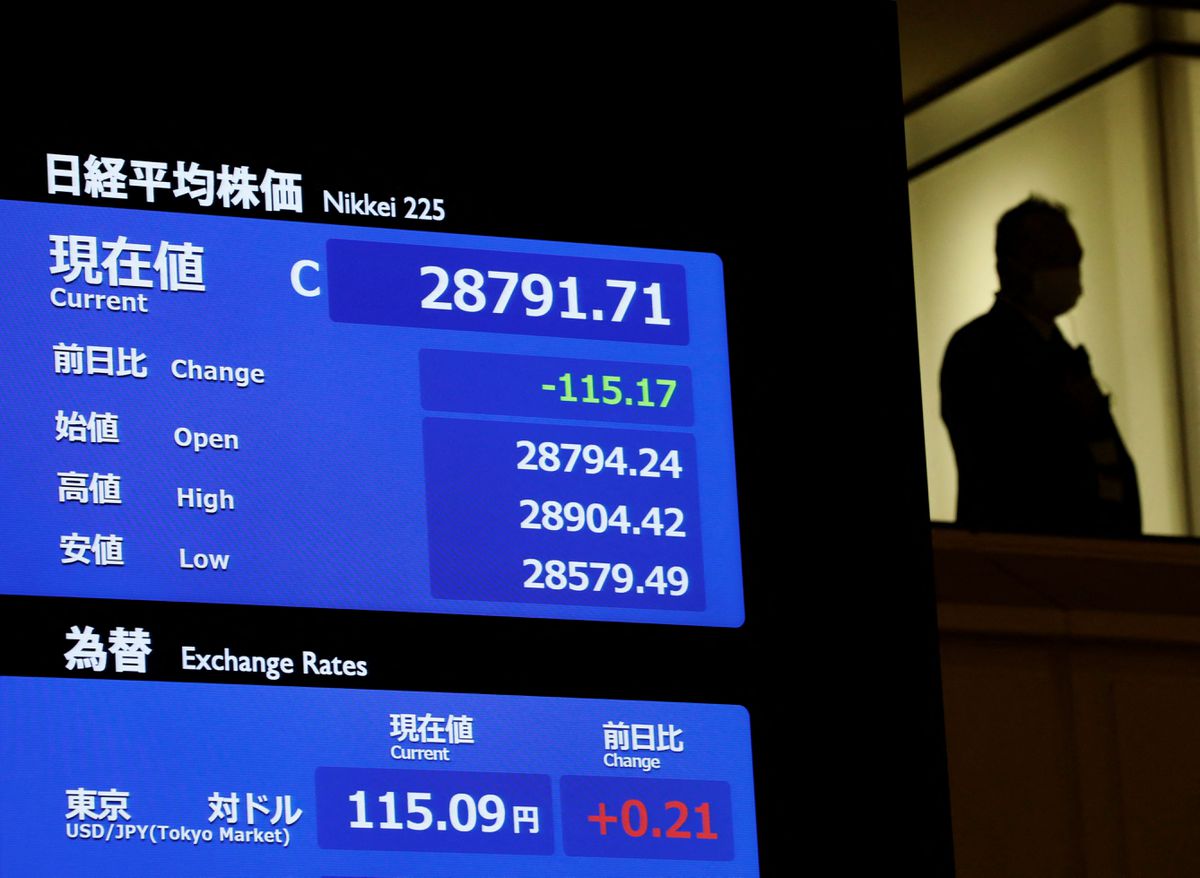
Asia’s share markets struggled on Wednesday as U.S. Treasury yields hit fresh two-year highs and a global technology stock sell-off unsettled investors worrying about inflation and bracing for tighter U.S. monetary policy.
Oil prices hit their highest since 2014 amid an outage on a pipeline from Iraq to Turkey and global political tensions, stoking fears of inflation becoming more persistent and propping up the dollar, which hovered near one-week highs.
MSCI’s broadest index of Asia-Pacific shares outside Japan (.MIAPJ0000PUS) reflected the sombre tone, trading down 0.1% in mid-morning trade after closing lower for four days straight.
Australia (.AXJO) lost half a percent, while Japan’s Nikkei (.N225) slid 1.8% as technology stocks fell and worries over new curbs on businesses to halt a record surge in coronavirus cases curbed risk appetite.
Shares in Sony Group (6758.T) slumped to their lowest level since late October, losing as much as a tenth of their value after gaming rival Microsoft (MSFT.O) said it will buy developer Activision Blizzard (ATVI.O).
Elsewhere, South Korea’s Kospi (.KS11) lost 0.3%, while China’s blue-chip index (.CSI300) was flat and Hong Kong’s Hang Seng index (.HIS) bucked the downtrend to rise 0.1%.
“There’s probably money rotating out of the United States as there’s such a concentrated pool of capital in U.S. equities, specifically in technology companies,” said Chris Weston, head of research at brokerage Pepperstone.
Full coverage: REUTERS
Leaping Yields Buttress Dollar Ahead Of Fed Meeting
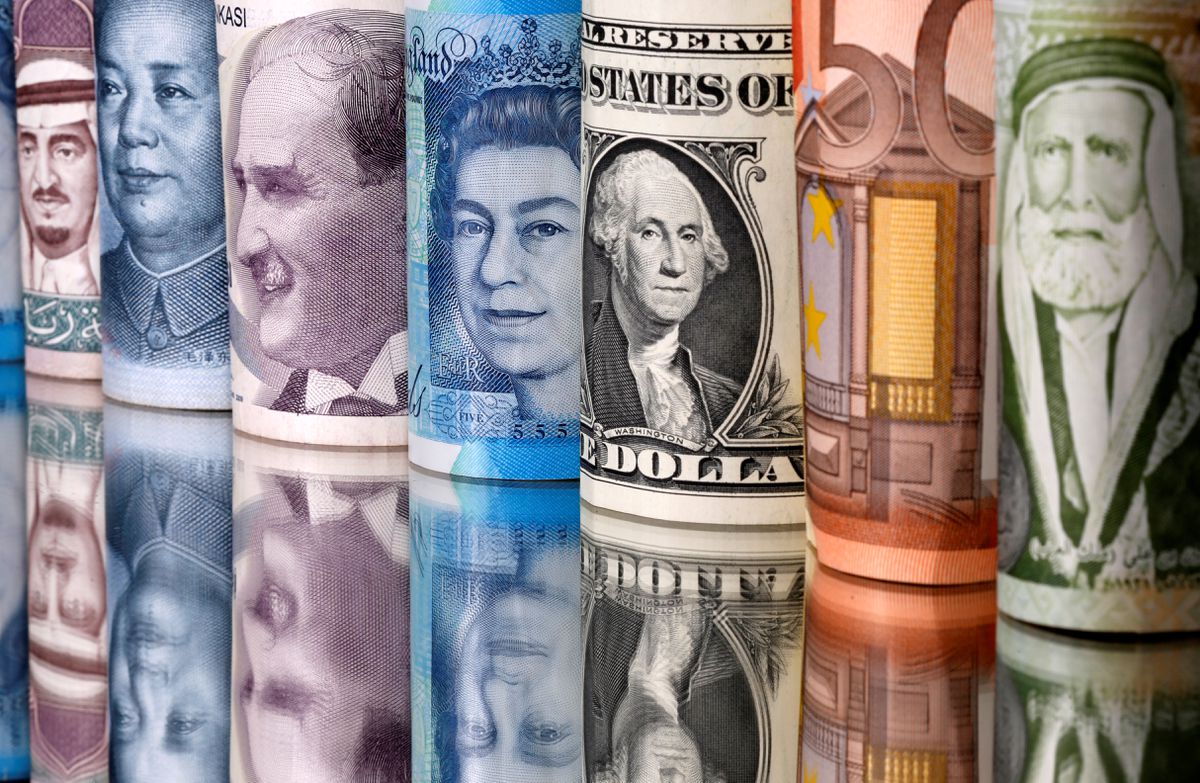
The dollar was firm on Wednesday after a rip higher in U.S. yields vaulted it up sharply on the euro overnight, putting it back above support levels that have held for the past few months in anticipation of rising U.S. interest rates.
The euro fell about 0.7% on Tuesday, its sharpest daily drop in a month, and is back on its 50-day moving average at $1.1323. Two-year Treasury yields have leapt 15 basis points over two sessions to cross 1% and benchmark 10-year yields stand at a two-year high of 1.8842%.
The dollar has also regained support levels against the Australian and New Zealand dollars and held sterling below its 200-day moving average.
The U.S. Federal Reserve meets to set policy next week and traders are growing anxious about another hawkish surprise.
“A lot of (Fed) officials left us with hawkish impressions right before going quiet (ahead of the meeting),” NatWest markets’ strategist Jan Nevrusi said.
“After (Tuesday’s) price action, there is slightly more than one hike priced in for the March meeting, and going into next week, I would imagine it oscillates within the lower end of the 25-50 basis point range.”
Fed funds futures are pricing three more hikes in 2022. Analysts say dollar strength could extend if traders start expecting rates to rise not just faster but further as well.
“We expect the U.S. rate rethink – and this latest shift higher in yields reflects a push higher in the implied terminal rate, rather than just a faster pace of increases initially – to support the dollar in the first half of the year,” Societe Generale strategist Kit Juckes said.
Moves in the U.S. bond market unsettled equity investors, underpinning the safe-haven yen, which has held at 114.67 to the dollar.
Full coverage: REUTERS
Oil Rises To 7-year High As Turkey Outage Adds To Tight Supply Outlook
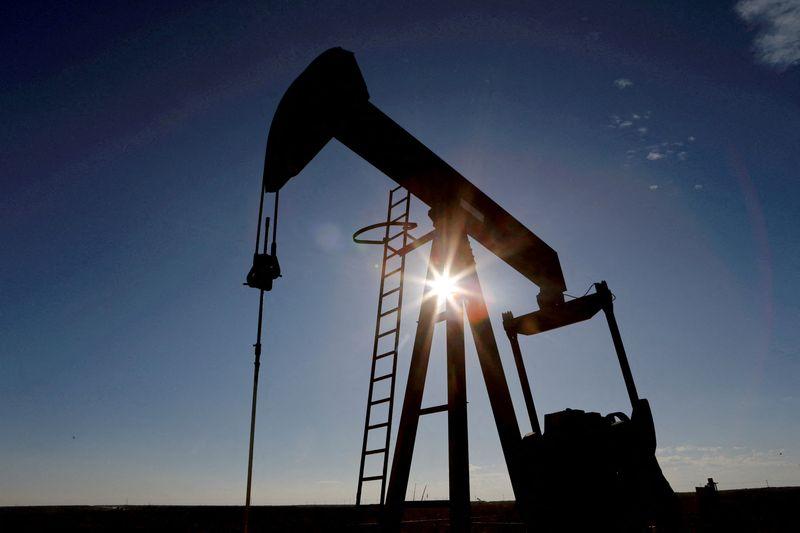
Oil prices rose for a fourth day to a seven-year high as an outage on a pipeline from Iraq to Turkey increased concerns about an already tight supply outlook amid worrisome geopolitical troubles in Russia and the United Arab Emirates.
Brent crude futures rose $1.44, or 1.7%, to $88.95 a barrel at 0230 GMT, adding to a 1.2% jump in the previous session. The benchmark contract climbed to as much as $89.05, its highest since Oct. 13, 2014.
U.S. West Texas Intermediate (WTI) crude futures climbed $1.51, or 1.8%, to $86.94 a barrel, adding to a 1.9% gain on Tuesday. WTI earlier jumped to a high of $87.08, its highest since Oct. 9, 2014.
Turkey’s state pipeline operator Botas said on Tuesday that it cut oil flows on the Kirkuk-Ceyhan pipeline after an explosion on the system. The cause of the explosion is not known. read more
The pipeline carries crude out of Iraq, the second-largest producer in the Organization of the Petroleum Exporting Countries (OPEC), to the Turkish port of Ceyhan for export.
The loss comes as analysts are forecasting tight oil supply in 2022, driven in part by demand holding up much better than expected against the highly contagious Omicron coronavirus variant, with some calling for a return of $100 oil.
Geopolitical issues in Russia, the world’s second-largest oil producer, and the UAE, OPEC’s third-largest producer, are adding to the supply concerns.
The UAE late on Tuesday called for a meeting of the United Nations Security Council to condemn an attack on Abu Dhabi on Monday by Yemen’s Houthi movement, which has threatened further attacks.
Full coverage: REUTERS


 Home
Home